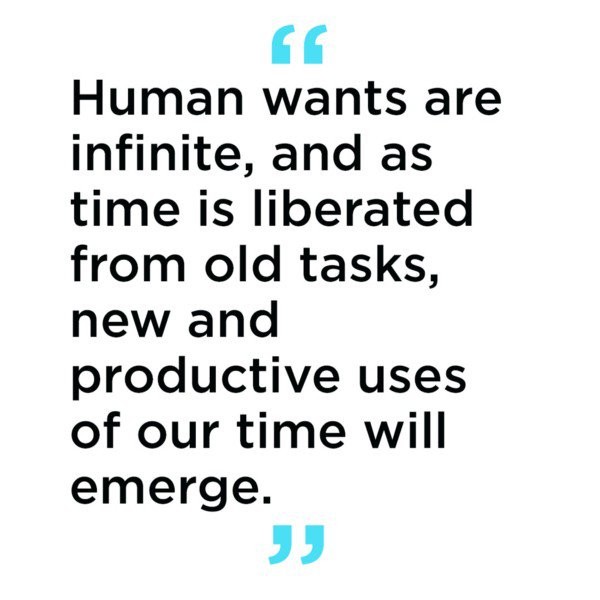Mission
Education Investment As Tech Advances
Written by Lord David WiIlletts on May 15, 2017
Related content: Higher Education, University, Digital Education
One of the best American books about education is The Race Between Education and Technology by Claudia Goldin and Lawrence Katz. They argue that America’s world-class economic performance in the 20th century was a result of American workers being the best educated in the world. The GI Bill was one of the great education programs that equipped America for the modern world as effectively as Eisenhower’s investment in the inter-state highway system.
But in the past 20 years, America has lost that educational lead. In particular, while many Americans start higher education, not enough complete it. America’s graduation rate is no longer world class. That is why what 2U does, powering the world’s best digital education with an average retention rate of 83 percent, is so important. This matters even more when America faces massive technological change, such as the arrival of robotics.
The argument that robots are taking our jobs is most vigorous in the United States, and one reason could be that America’s employment rate is now significantly lower than in some other advanced countries — five percentage points lower than Britain’s, for example. America’s labor market used to be one of the most flexible and successful of the Western world, but now it is performing poorly.
If you are unemployed in Detroit or Pittsburgh, it is easy to blame technological change and the rise of the robots. But there are other factors at work. Mass incarceration does not just take millions of young men out of the job market, it also makes it challenging to employ them after their release. The lack of access to affordable childcare makes it more difficult for some women to establish strong careers while having children. The funding pressures on community colleges and state universities makes it harder to develop skills to match job opportunities.

So far, technological advances since the Industrial Revolution have not led to mass long-term unemployment. There is significant disruption as manpower employed in particular activities shrinks. The disappearance of old jobs was painful for individuals and places left stranded by changes in the job market, but it did not lead to long-term unemployment. Instead we have new jobs — from personal trainers to software engineers. We are told that this time it is going to be different, but I am not yet persuaded of that. Human wants are infinite, and as time is liberated from old tasks, new and productive uses of our time will emerge.
The pessimistic interpretation of analysis by the Organization for Economic Co-operation and Development (OECD), for example, is misleading. Many jobs may not disappear entirely, but they could change radically as their more basic elements are handled by robotics and new tasks are added for humans to perform. Allowing for this effect dramatically reduces the OECD estimates; instead of 47 percent of American jobs being eliminated because of robotics, they estimate it could be as low as 9 percent.
The answer is to get those extra qualifications and skills so that if your job is changed or upgraded by robotics, you can evolve with it. America needs to learn from its great history and once more invest in education to keep up with the speed of technological advancements.
Lord David Willetts is senior adviser to 2U and former British minister for universities and science. For more on this topic listen to episode 1 of our podcast on the workforce of the future.